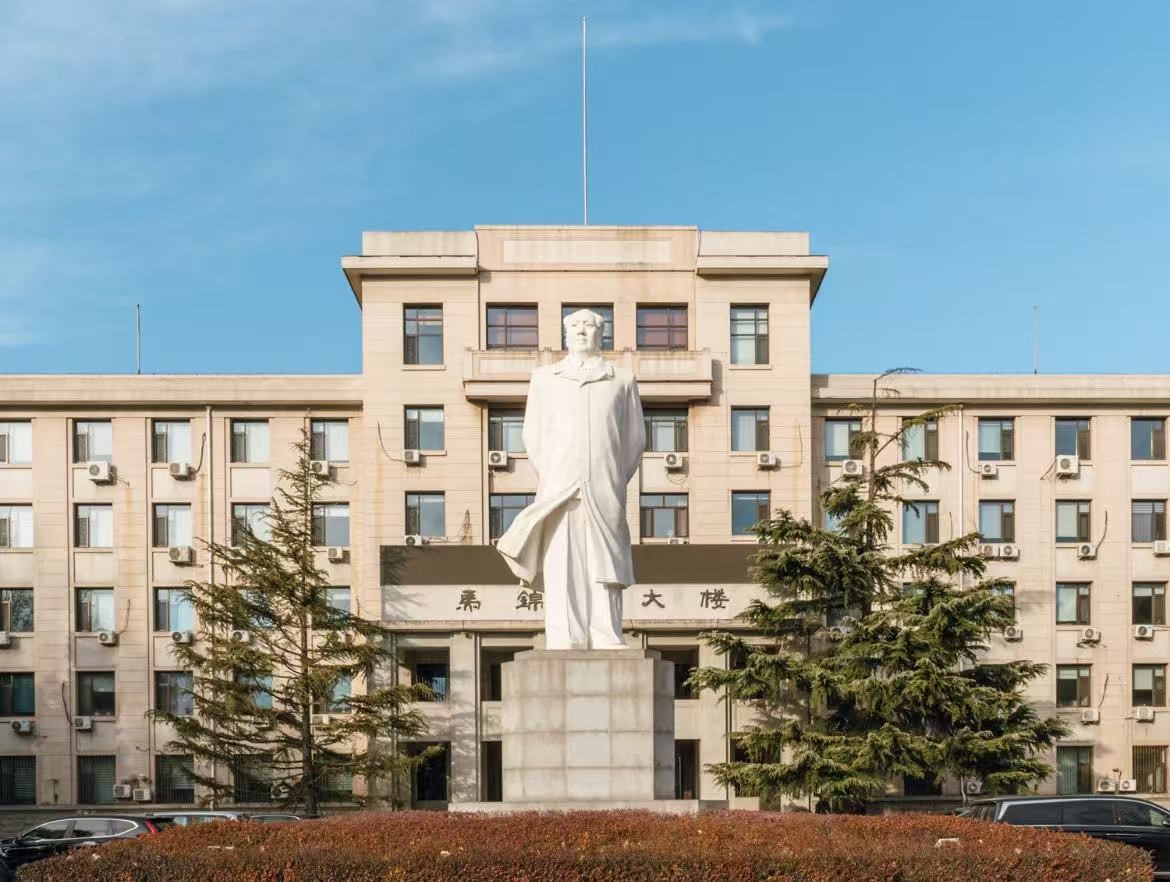Innovation, Finance, and Governance for Sustainable Global Growth
Date:
March, 5th, 2026 (UTC+8)
Organizer:
International College Beijing, China Agricultural University
Symposium Chair:
Personal Bio:
Dr. Chai is an Associate Professor at China Agricultural University. His research interests include environmental economics, environmental sustainability, coupled human and natural systems, etc. He has published over 30 research articles as the first/corresponding author in the high-quality SCI/SSCI journals including Nature Sustainability, World Development, Resources Conservation & Recycling, Sustainable Production and Consumption, Science of the Total Environment, etc. He serves as an expert in NGOs such as FAO of the United Nations, and in the leading enterprises, such as Alibaba, Tencent, CIECC, etc. He also serves as the Guest Editor for SCI journals including Frontiers in Sustainable Food Systems, Frontiers in Nutrition, and Sustainability.
Symposium Members:
| Dr. Aoyu Hou | China Agricultural University | houaoyu@cau.edu.cn |
| Dr. Bing Liu | China Agricultural University | bingliu@cau.edu.cn |
Call for Papers
Background:
This symposium, hosted by China Agricultural University, provides a platform to examine how innovation, finance, and governance can guide global production and trade systems toward more sustainable and equitable growth. As environmental and economic pressures intensify, the interconnections among technological innovation, financial investment, and institutional design have become central to policy debates. The uneven distribution of natural resources, environmental costs, and technological benefits across borders highlights the difficulty of achieving both efficiency and fairness in global value creation. Meanwhile, the growing exposure of agri-food and industrial supply chains to external shocks such as climate extremes underscores the need for resilience-oriented strategies. This symposium seeks to deepen understanding of how sustainable finance, inclusive business models, and adaptive governance can jointly address these challenges. By integrating perspectives from environmental economics, finance, and policy studies, it encourages dialogue on shaping innovative and resilient pathways for sustainable global growth.
Goal / Rationale:
The symposium examines how innovation, finance, and governance can jointly advance environmental sustainability and inclusiveness within global value chains. In an era of ecological degradation, resource constraints, financial volatility, and climate-related risks, fostering balanced and responsible growth has become a shared international priority. The symposium encourages analysis of how environmental, social, and financial considerations can be integrated into business strategies, policy frameworks, and innovation systems to enhance resilience and equity. Particular attention is given to how shocks such as extreme weather events and market disruptions test the adaptability of agri-food and resource-based supply chains, underscoring the need for stronger cross-sectoral and cross-border coordination. Key objectives include advancing understanding of green innovation, sustainable finance, and equitable resource governance in global trade networks. By bringing together insights from academia, industry, and policymaking communities, the symposium seeks to generate actionable pathways toward sustainable, inclusive, and resilient global growth.
Scope and Information for Participants:
This symposium welcomes interdisciplinary contributions that examine how innovation, finance, and governance can foster more inclusive, sustainable, and resilient global production, trade, and innovation systems. Participants are invited to address issues such as the transformation of global value chains, the integration of environmental and social considerations into business and financial strategies, and the governance of cross-border resource and capital flows. Areas of interest include, but are not limited to:
- Sustainable and inclusive business and investment practices
- Transformation of international trade, finance, and value chains
- Environmental governance and equitable resource allocation
- Climate-related risks, financial exposure, and supply chain resilience
- Innovation, technology transfer, and development disparities
- Policy and regulatory frameworks for sustainable global growth






